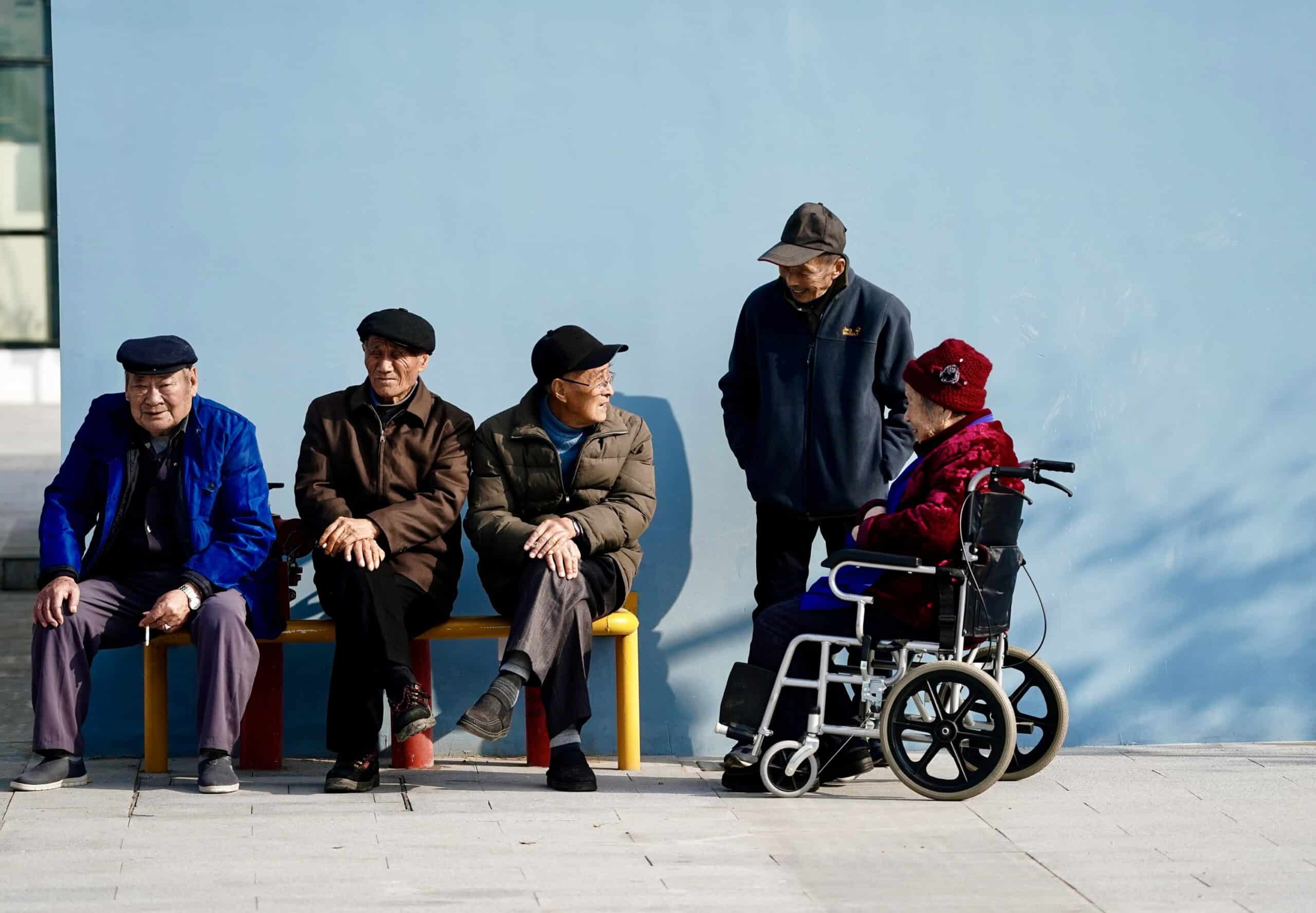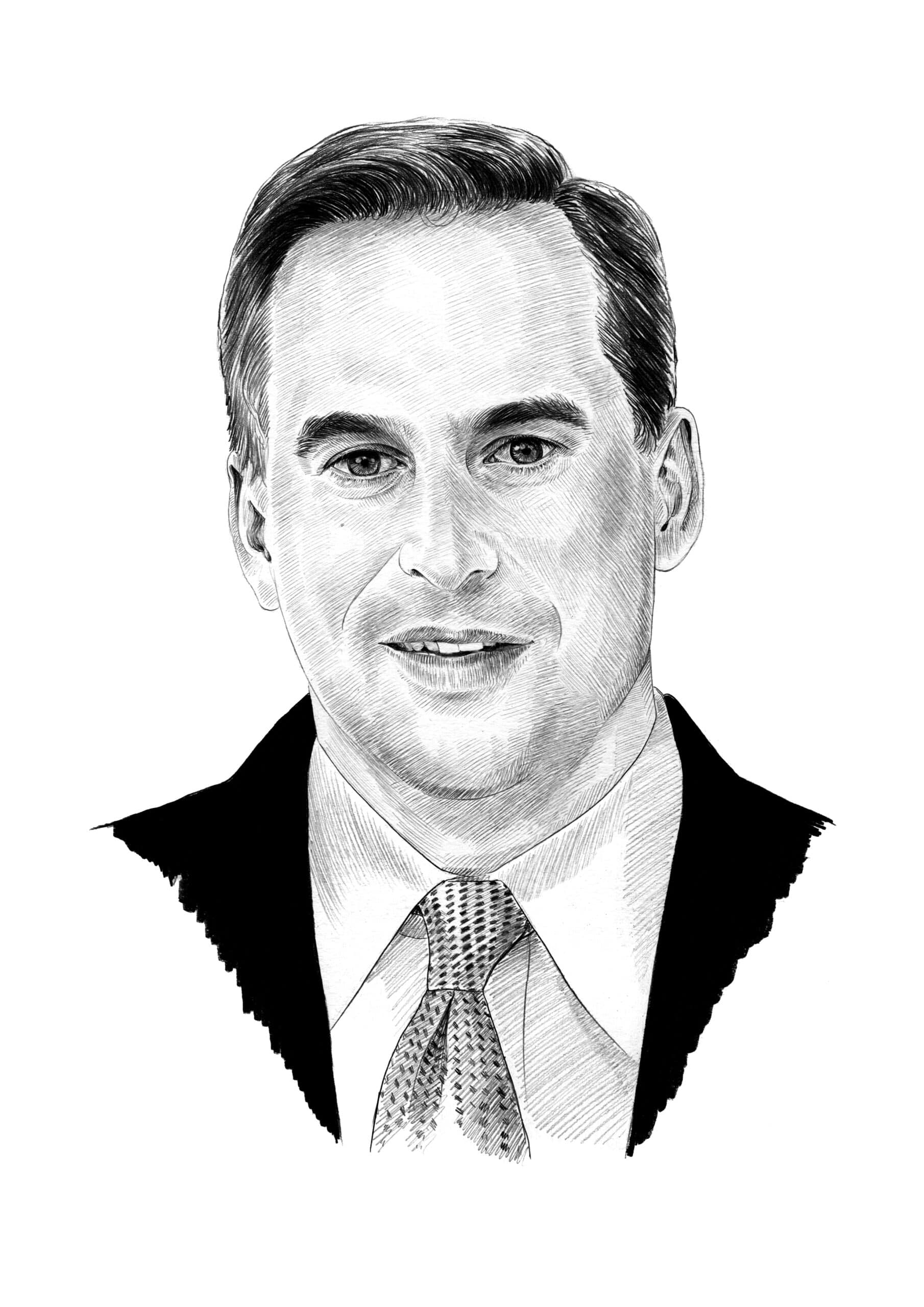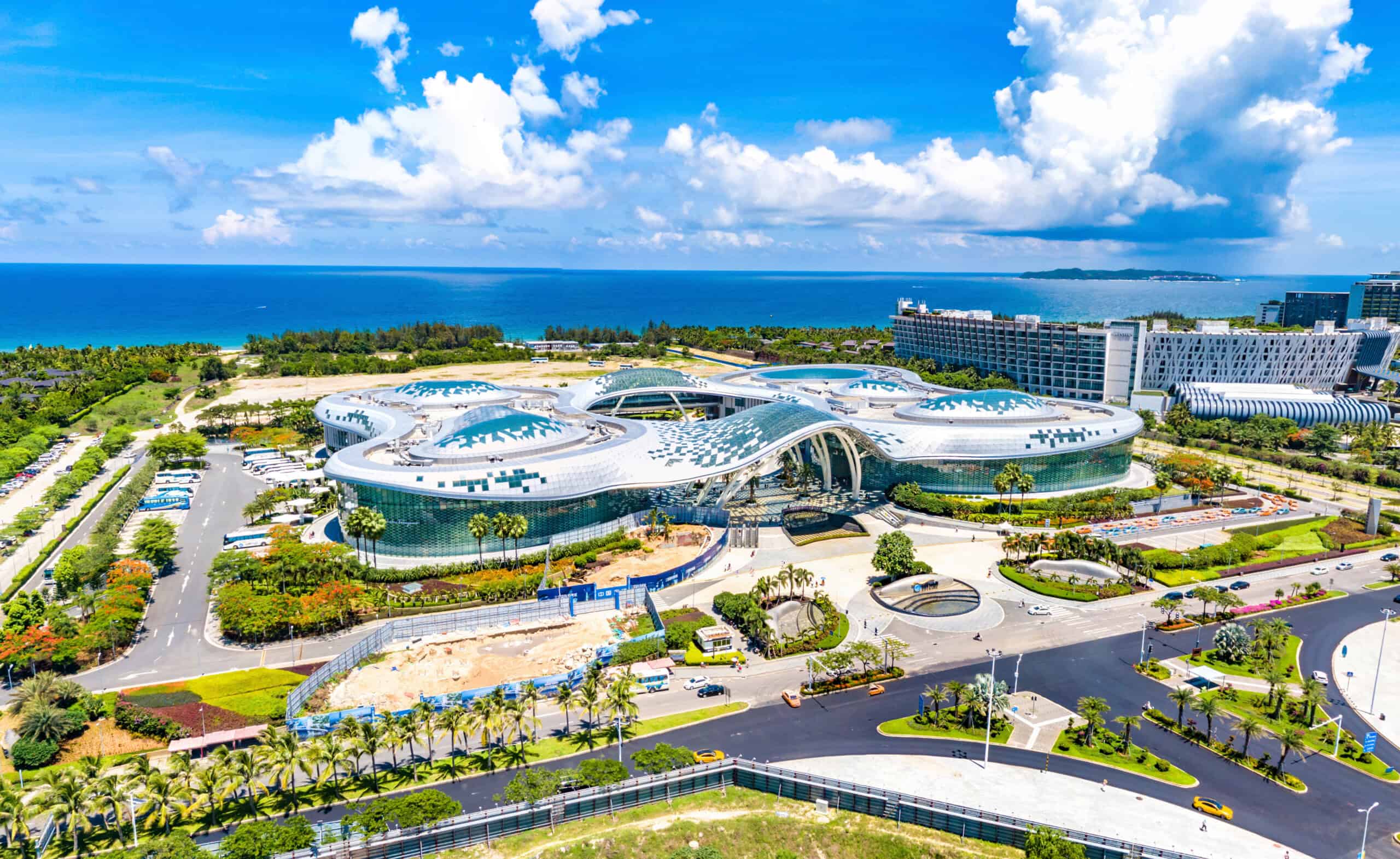
HONG KONG — Hong Kong’s High Court sentenced 45 pro-democracy advocates to prison terms of between four and ten years on Tuesday, concluding the city’s largest ever national security trial that has come to symbolize Beijing’s tightening political grip over the city.
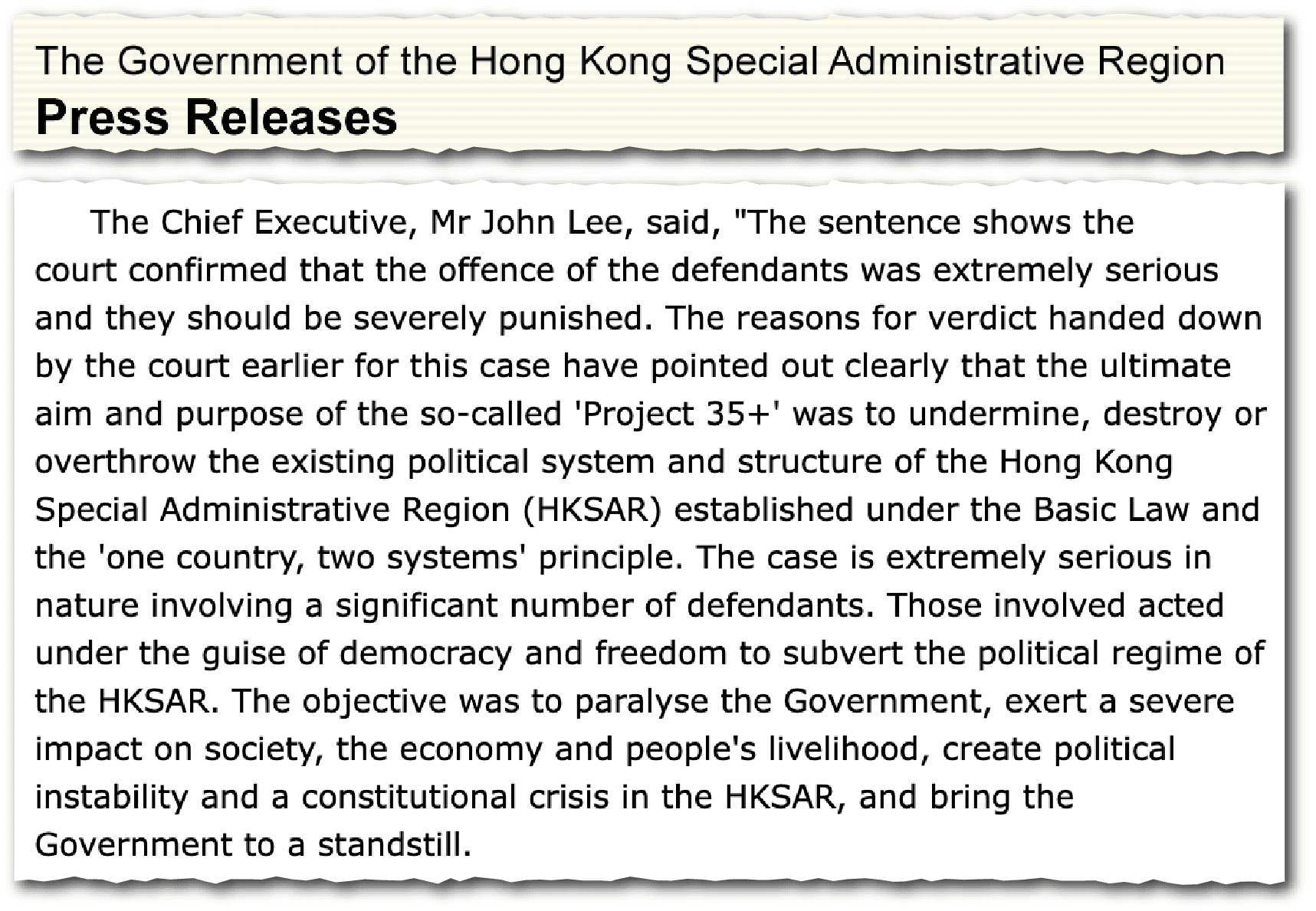
The defendants — who included former lawmakers, social workers, union leaders and a doctor, representing views across a broad political spectrum — were found guilty of conspiracy to subvert the state under Hong Kong’s national security law.
Their initial arrests came after they had participated in an informal primary election ahead of the city’s legislative elections in 2020; their aim was to win a historic majority. Three judges handpicked by the city’s leader to oversee national security trials ruled that such an outcome would have created “a constitutional crisis.”
Tuesday’s sentencing places an existential threat over the future of Hong Kong’s once vibrant pro-democracy movement. Many of the city’s democracy advocates are now either behind bars or live in exile. Hong Kong authorities have put HK$1 million ($128,000) bounties on a dozen activists overseas.
The sentences are extremely harsh for what the accused have done, holding a mock primary election to gauge the popularity of potential candidates.
Steve Tsang, director of the SOAS China Institute in London
Benny Tai, a prominent legal scholar named by prosecutors as “the brain behind the project,” was sentenced to ten years in jail for masterminding the vote, the heaviest sentence yet imposed in a national security trial. Prominent activist Joshua Wong received a sentence of four years and eight months.
“The sentences are extremely harsh for what the accused have done, which was holding a mock primary election to gauge the popularity of potential candidates,” says Steve Tsang, director of the SOAS China Institute in London. Tsang says the sentences are intended to deter others from protesting for the cause of liberal democracy, but they won’t effectively suppress Hong Kongers’ desire for it.
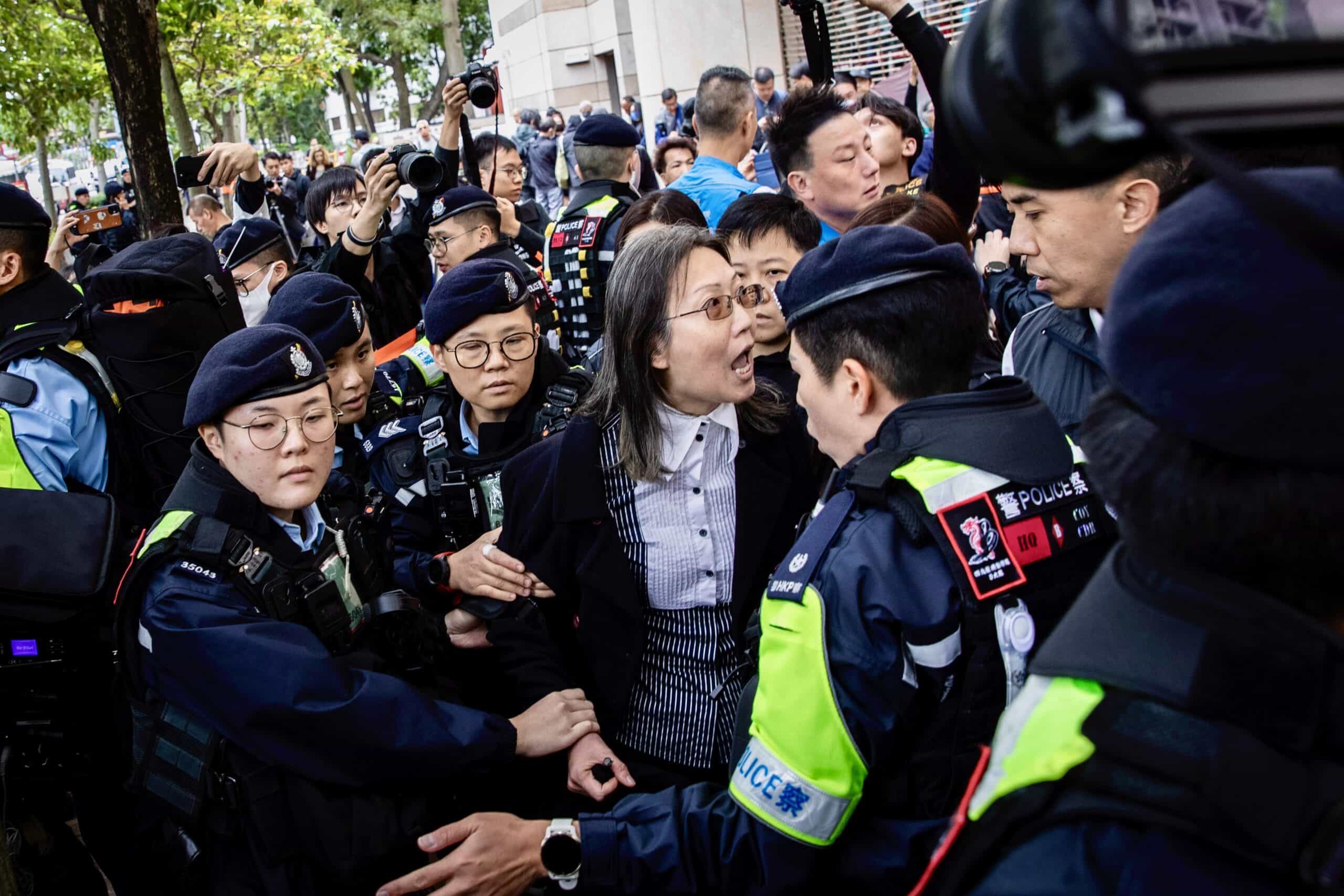
The marathon prosecution, which began three years and eight months ago, ended quickly on Tuesday. In a tense overflow room packed with family, friends, press and lawyers, the dispassionate voice of judge Andrew Chan alternated over the speakers with the more abrasive crackle of a Chinese interpreter. The jail terms were announced so quickly that many of the defendants’ friends and family turned to each other to confirm what they had heard. The hearing, which some members of the public had lined up for days to attend, was over in less than ten minutes.
“I don’t think any of [the sentences] came as a surprise,” said Ms. Wong, who sat in the family and friends section but declined to give her full name. “But for them to spend even one day in prison is painful.”
“The length of the sentence means there’s a chance they can see their families one day. That is a small consolation,” said Lemon Wong Tan-ching, a friend of defendant Sam Cheung, a former district councilor who received a sentence of four years and eleven months.
As the national security law — imposed by Beijing in response to months long unrest in Hong Kong in 2019 — raises the threshold for granting bail, most defendants have already been behind bars for over 1,360 days. During Cheung’s detention, for instance, his father passed away and his wife gave birth to their son.
| 99% |
|---|
| is the conviction rate for defendants charged with national security crimes in Hong Kong. The National Security Law empowers the city’s leader to appoint and remove national security judges. To date, no prosecution has been heard before a jury. |
At a press conference in the afternoon, Hong Kong’s Secretary for Security Chris Tang Ping-keung said that the sentences overall reflected the severity of the crimes, but that the government would carefully study individual sentences before deciding whether to appeal for heavier punishments.
The maximum sentence under the national security law is life in prison.
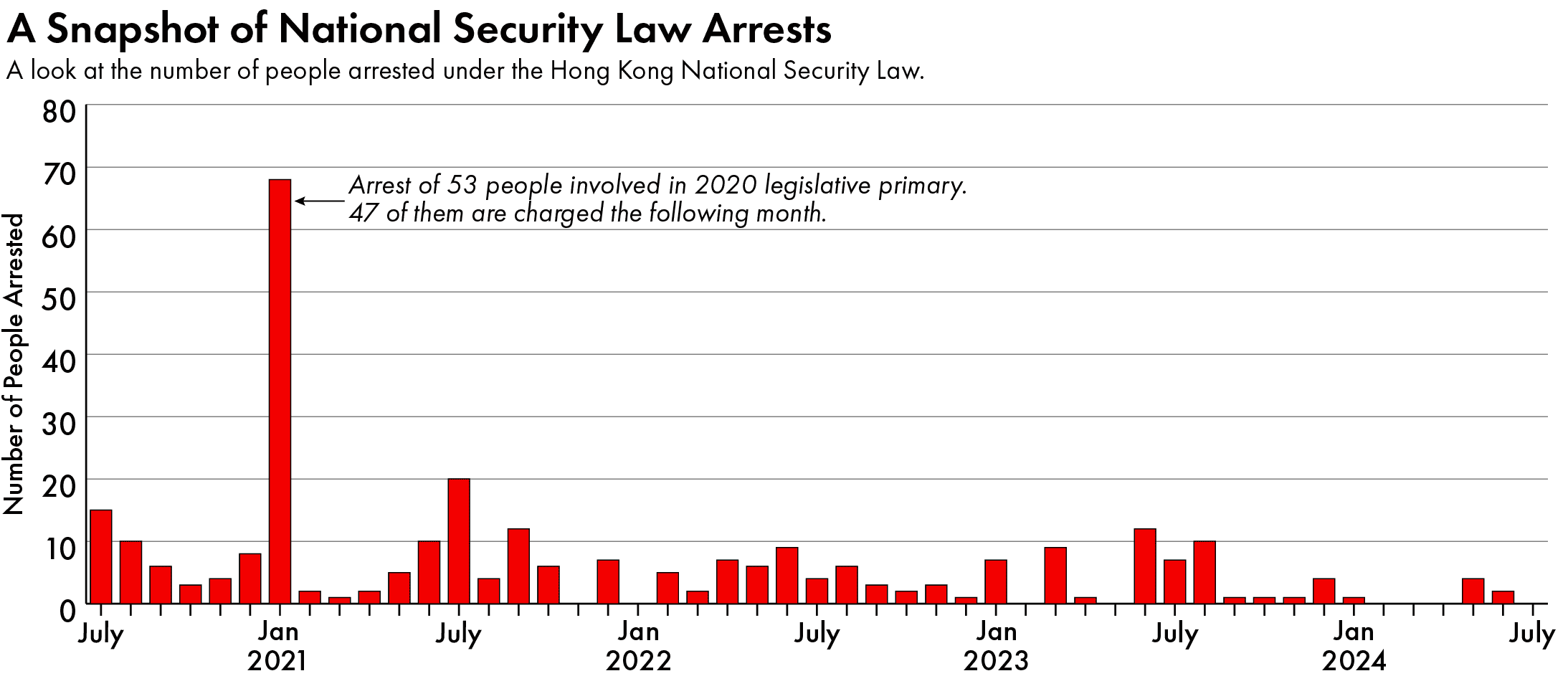
Thirty-one of the defendants pleaded guilty, while four testified for the prosecution: Andrew Chiu, an activist who helped to organize the primary, had his sentence reduced by half to seven years for assisting the prosecution. Fourteen defendants who pleaded not guilty were convicted in June, while two were acquitted. Hong Kong’s justice department has filed an appeal against one of those acquittals.
“It is deeply concerning that the court considered all of the defendants active participants or principal offenders,” allowing the court to mete out heavier sentences, says Eric Lai, a research fellow at the Georgetown Center for Asian Law. He notes that there are two other major national security trials still making their way through Hong Kong’s courts, including the trial of Apple Daily founder Jimmy Lai. “If convicted, [the defendants] could receive sentences similar to today’s or worse,” he says.
Shortly after the sentences were announced, supporters of Gwyneth Ho, a journalist-turned-political candidate who received seven years, posted a prepared statement on Facebook. Ho, who pleaded not guilty, received one of the longest jail terms.
“We dared to reach for actual power to hold the government accountable,” she wrote. “Even though it was enshrined as a right of the people under the Basic Law [Hong Kong’s mini-constitution], Beijing never planned to see it actualized.”
“I ran,” she added, “in the last free and fair election in Hong Kong.”
The Wire has compiled a timeline of major events that led to Tuesday’s sentencing.
April 2019
Former Hong Kong leader Carrie Lam proposes a controversial bill that would allow criminal suspects to be extradited to mainland China.
June 9, 2019
An estimated one million people march against the extradition bill, which many view as a way for the government to extradite political dissidents to mainland China. It marks the beginning of protests that would rock the city for months and see escalating levels of street violence and police brutality.
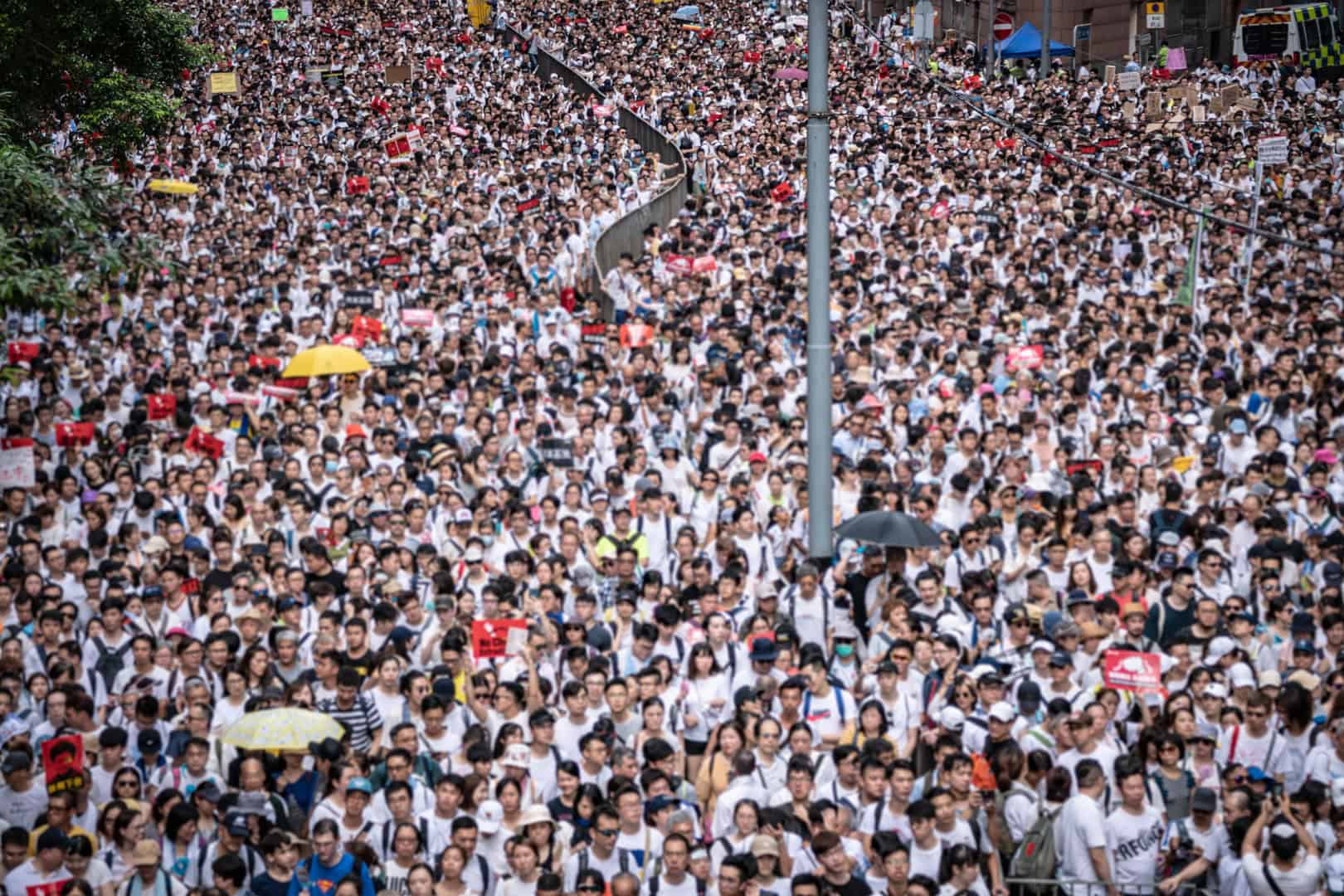
July 1, 2019
Protestors break into Hong Kong’s legislature on the 22nd anniversary of the city’s handover from British to Chinese rule.
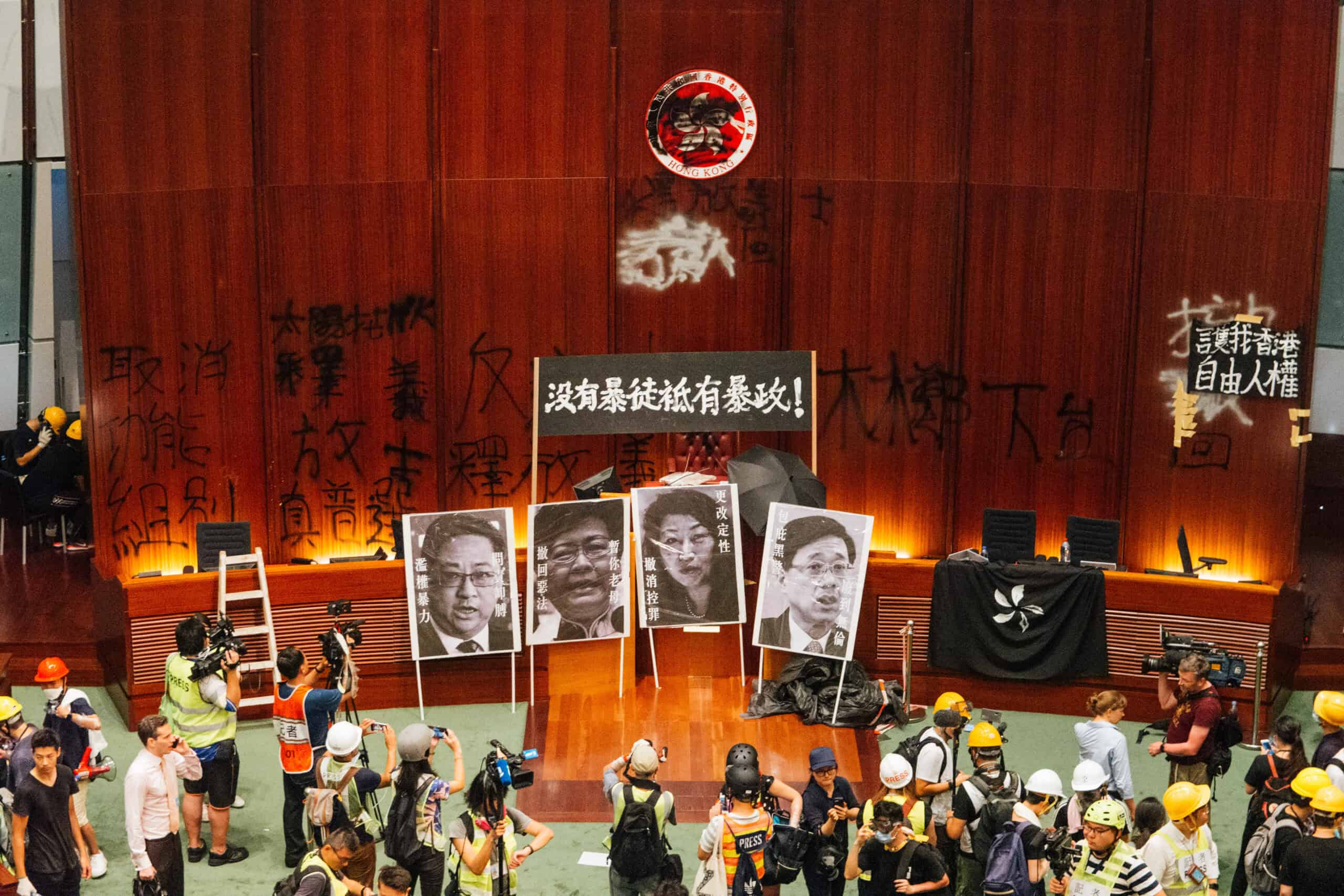
July-November 2019
An escalating cycle of violence unfolds on Hong Kong’s streets over the next five months, including an occupation and temporary shut down of the city’s airport and pitched, fiery battles between police and protestors on the campuses of Chinese University and Hong Kong Polytechnic University. More than 5,000 people are arrested during this period.
November 24, 2019
Pro-democracy candidates achieve a landslide victory in local elections with a record-high voter turnout. They win nearly 90 percent of the 452 seats, gaining control of 17 out of 18 district councils.

January-June 2020
The spread of Covid slows the momentum of the protests. Social distancing rules are employed by the police to break up public gatherings.
June 4, 2020
Hong Kong bans an annually-held vigil commemorating victims of the 1989 Tiananmen Square crackdown for the first time, citing Covid prevention measures; tens of thousands gather in defiance.
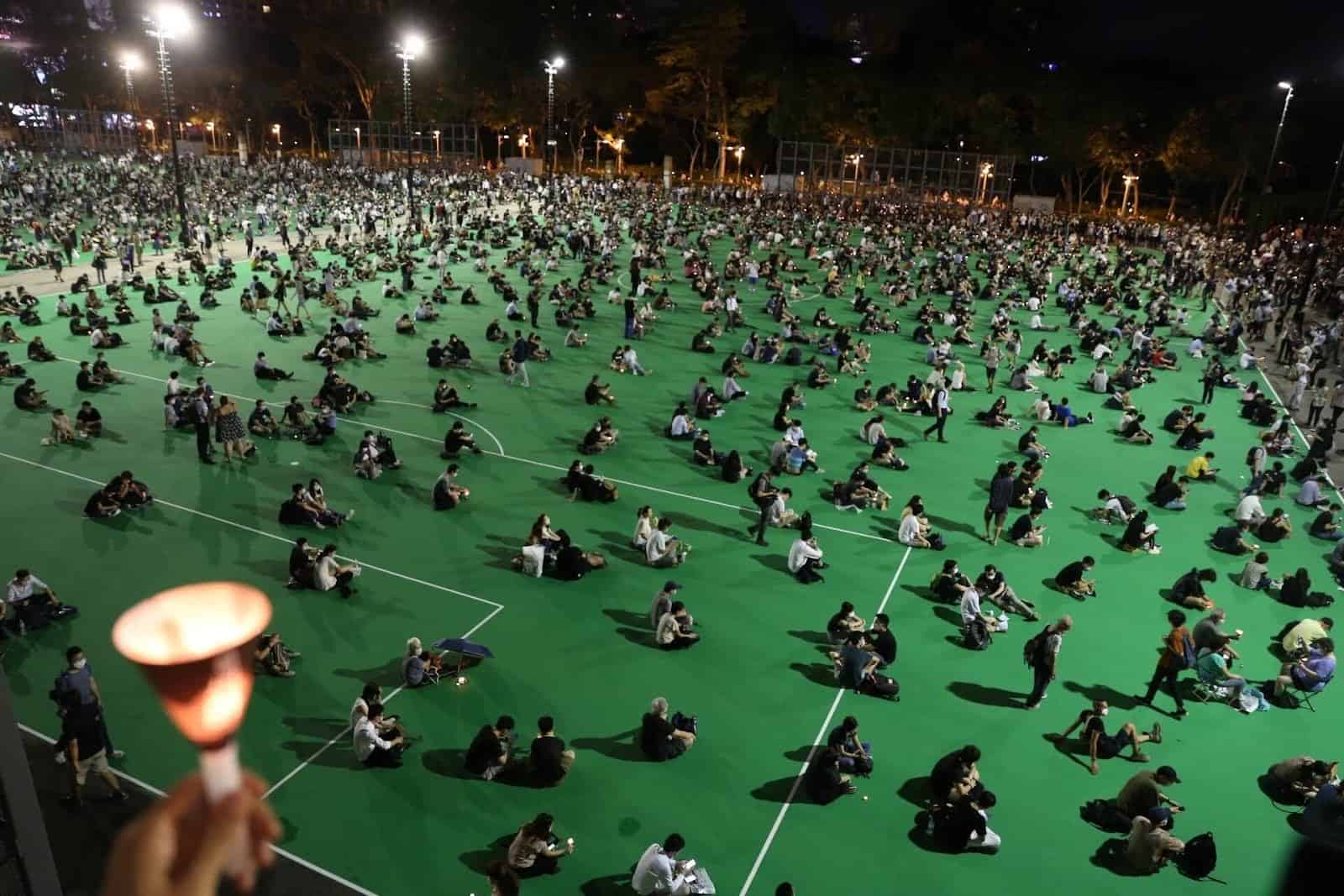
June 30, 2020
Beijing bypasses the Hong Kong legislature and imposes a national security law that outlaws secession, subversion, terrorism and collusion with foreign powers. The sweeping legislation, introduced at 11 p.m., an hour before the 23rd anniversary of Hong Kong’s handover to China, effectively criminalizes dissent in the semi-autonomous territory with penalties of up to life imprisonment.
| 296 people |
|---|
| were arrested under the National Security Law in the first three years after its enactment, according to data collected by researchers with Georgetown University’s Center for Asian Law. That equates to one arrest roughly every 5 days. |
July, 2020
Around 610,000 residents vote in an informal primary election in hope of selecting candidates that can win a majority in the legislature. Days before the poll, Lam, Hong Kong’s leader, warns that the process could violate the national security law. On the eve of the vote, police raid the polling organization overseeing the vote.
The same month, Donald Trump’s administration in the U.S. revokes Hong Kong’s special trade status.
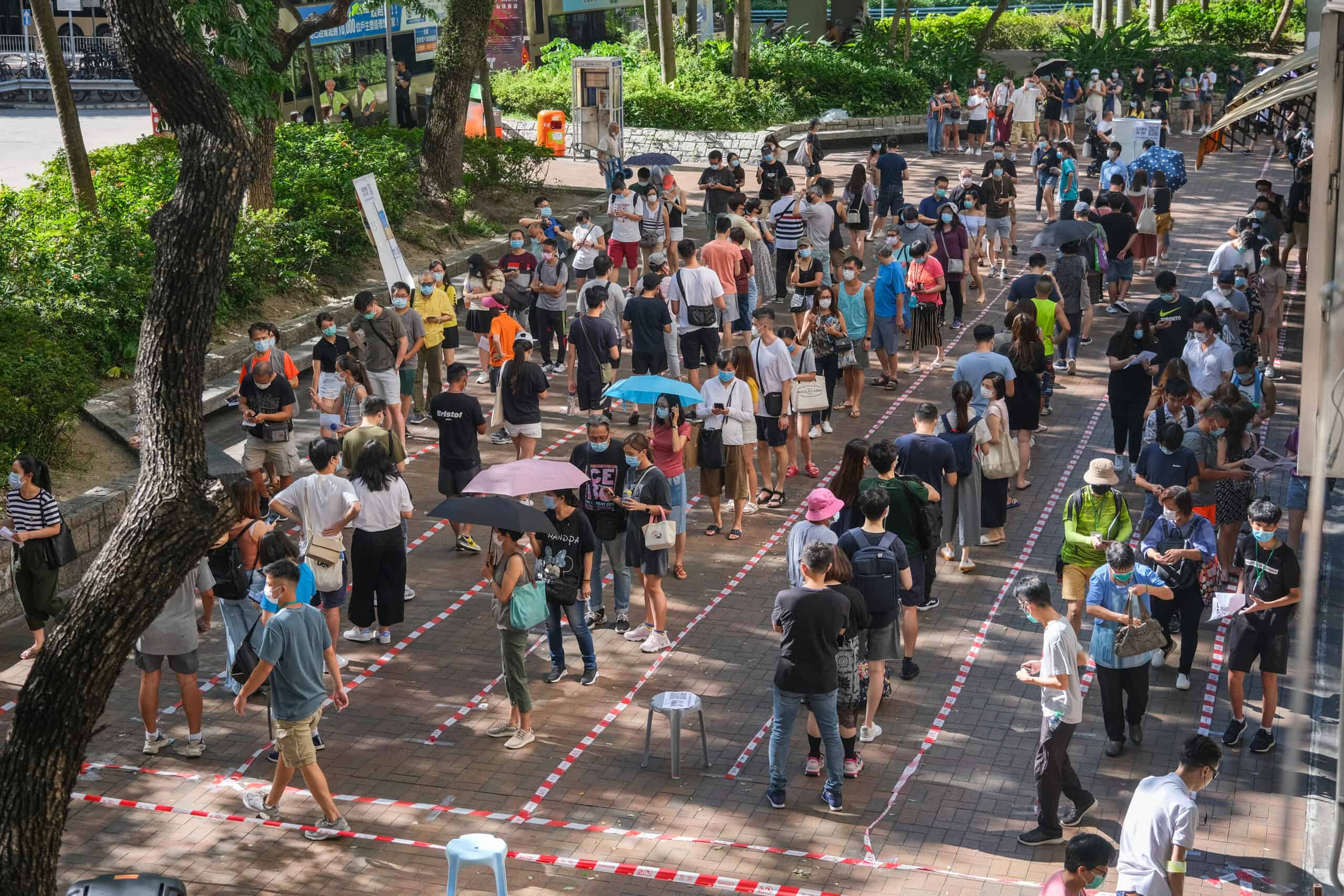
January 2021
In dawn raids, police arrest 53 people who organized or participated in the July primary election. The mass arrest remains the largest since the enactment of the national security law.
February 2021
On February 28, 47 of those arrested in January are formally charged with subversion. At police stations across the city, they all turn themselves in. Online and in person, many of them leave final words of encouragement to their supporters.
March 2021
The 47 defendants are subject to a marathon, two-day bail hearing during which they are deprived of sleep, food and, at times, access to a lawyer. Eight defendants are hospitalized. In the end, 12 are granted bail while 35 are remanded in custody, where they have remained since.
Also this month, China overhauls Hong Kong’s electoral system to ensure only “patriots” can run for office.
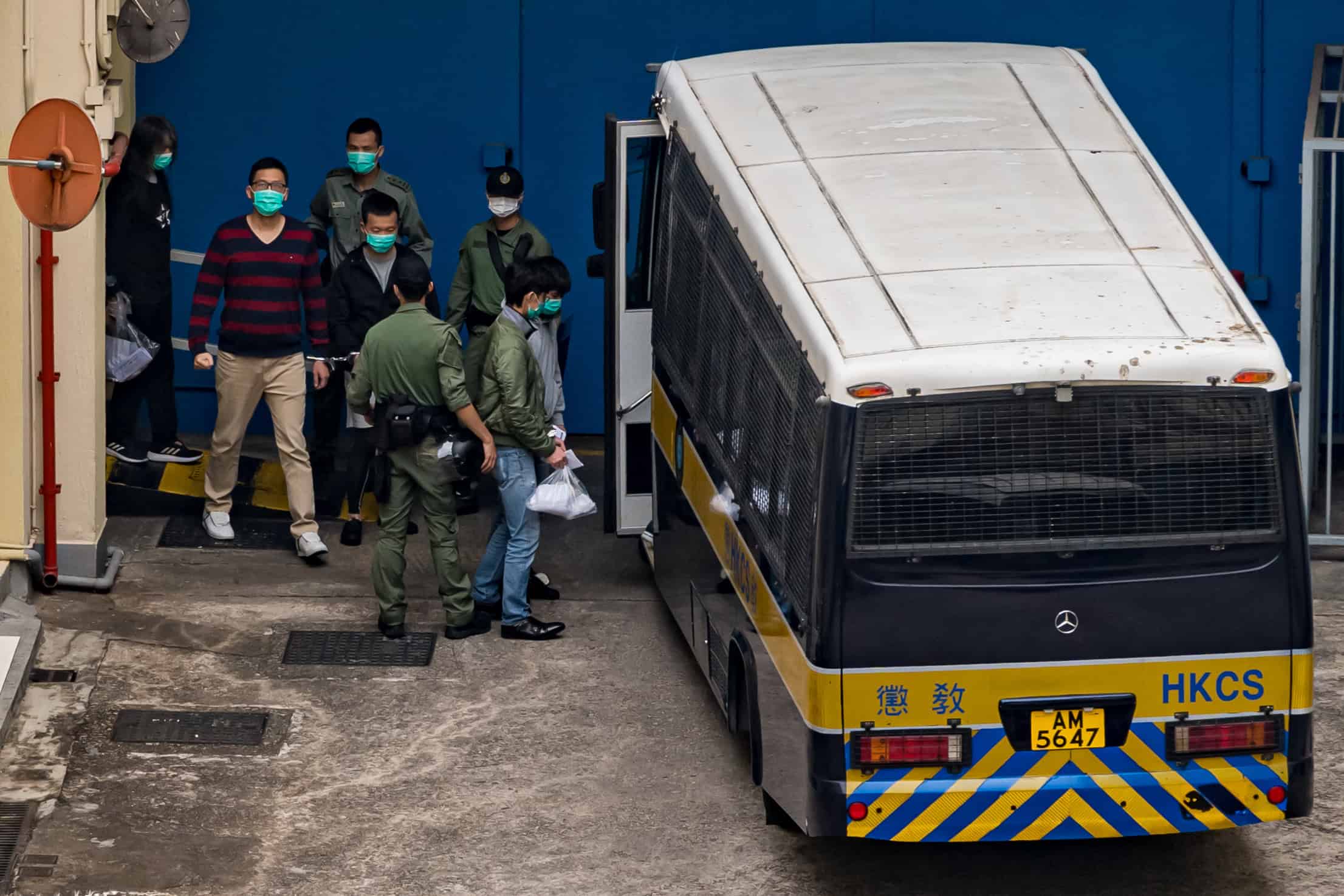
June 25, 2021
Pro-democracy newspaper Apple Daily, owned by the now-jailed media mogul Jimmy Lai, publishes its last edition after police raided its offices, froze its corporate accounts and arrested top editors and executives. On its last day, the paper prints and sells out one million copies.
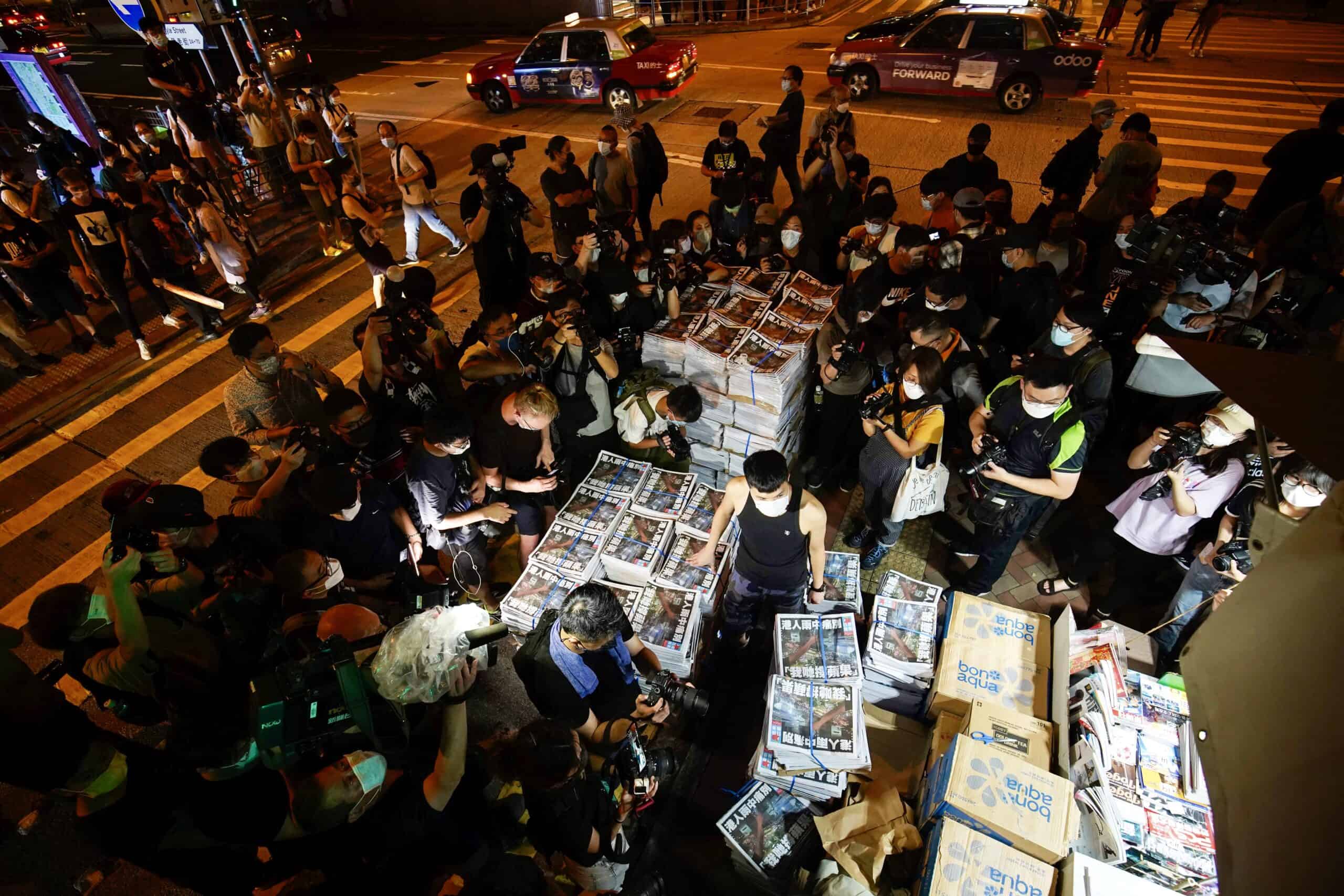
May 2022
John Lee, a former security chief sanctioned by the U.S. for his role in the crackdown on Hong Kong, is named the city’s new leader. He is selected in a closed voting process where he is the only candidate.
March 19, 2024
Hong Kong passes its own national security law that includes life imprisonment for treason and insurrection.

May 30, 2024
Fourteen of the sixteen defendants that pleaded not guilty are convicted. Two are acquitted.
In their own words: Mitigation statements

“When everything has settled down, my family will be the center of my life.”
Sam Cheung, 31, former district councillor
“I’m willing to take responsibility for my actions, but I will not apologize for the beliefs and values I share with my voters, and I cannot betray the people’s trust.”
Ng Kin-wai, 29, former district councilor and social activist
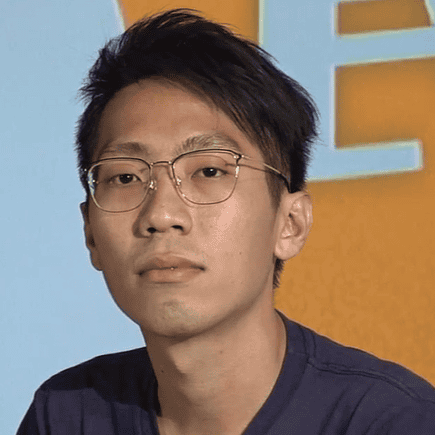
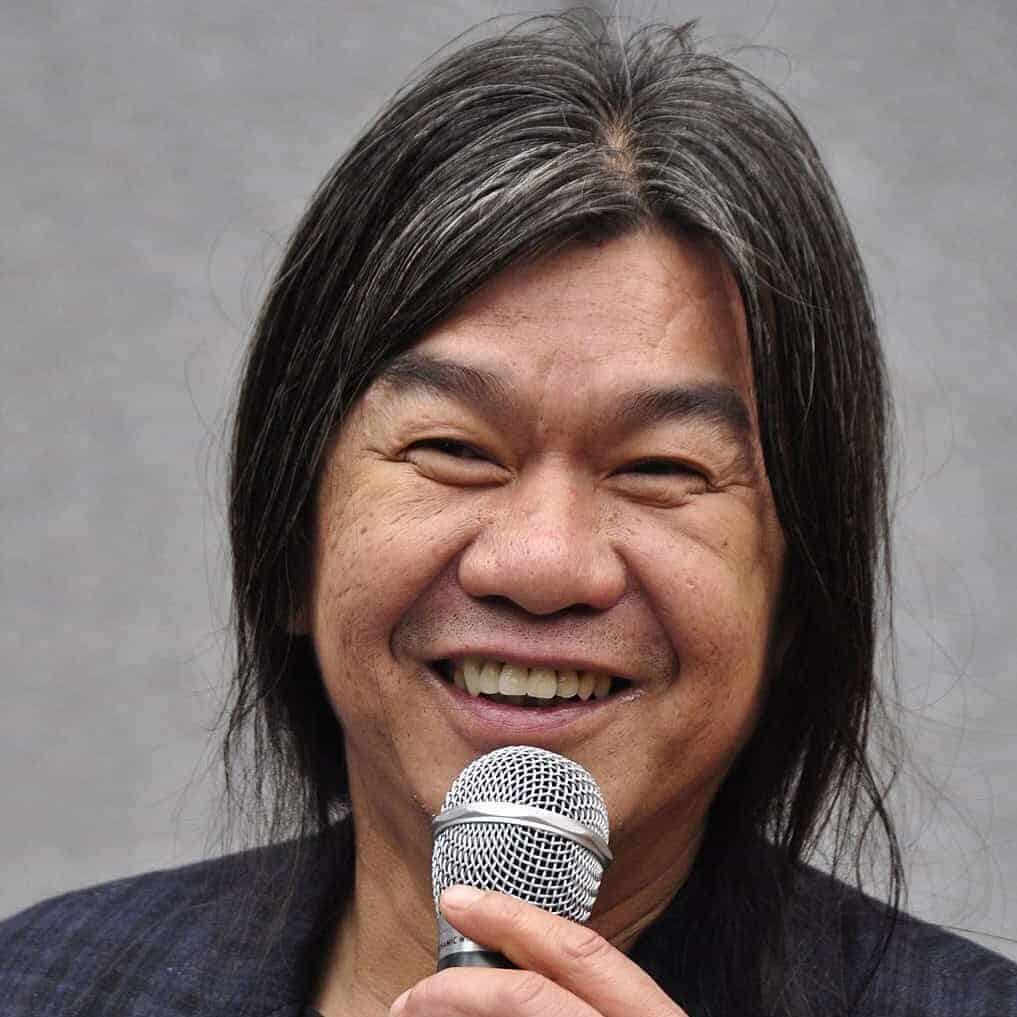
“Throughout my life, ‘power to the people’ is a belief that I have always adhered to. It is fundamental to my political career. Although I am a prisoner today, I have no complaints. I firmly believe that the people are greater than the country.”
Leung Kwok-hung, 68, a veteran social activist and former lawmaker nicknamed ‘Long Hair’
“I don’t know how long it will be until I regain my personal freedom. I just hope that when I step out of prison, I can proudly say to everyone: ‘I didn’t waste all these years’.”
Owen Chow, 27, an activist


Said he had come to realize that it was “extremely foolish” to participate in the primary elections, and blamed influence from “foreign power or sensationalism of the online media.”
Mike Lam, 36, founder of a grocery chain and one of four defendants-turned-prosecution witnesses
“Even now, I am still of the view that there is nothing wrong in bringing changes to the established order through voting in the legislature, perhaps the only wrong I have committed was that I love Hong Kong too much…”
She was cut short by the judges who deemed her statement political.
Winnie Yu, 37, former leader of a health workers’ union
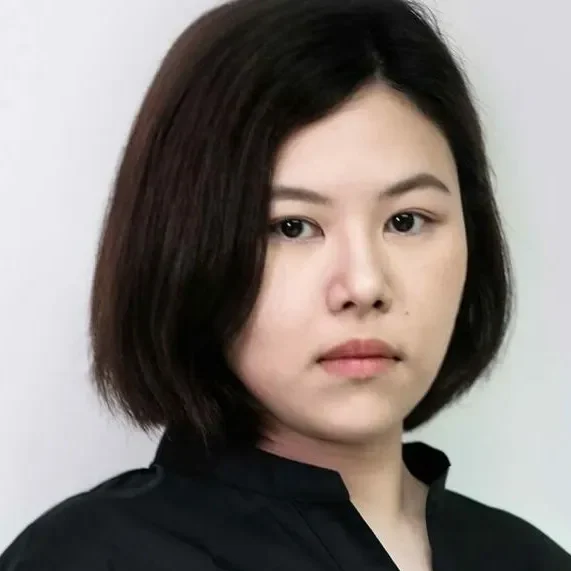
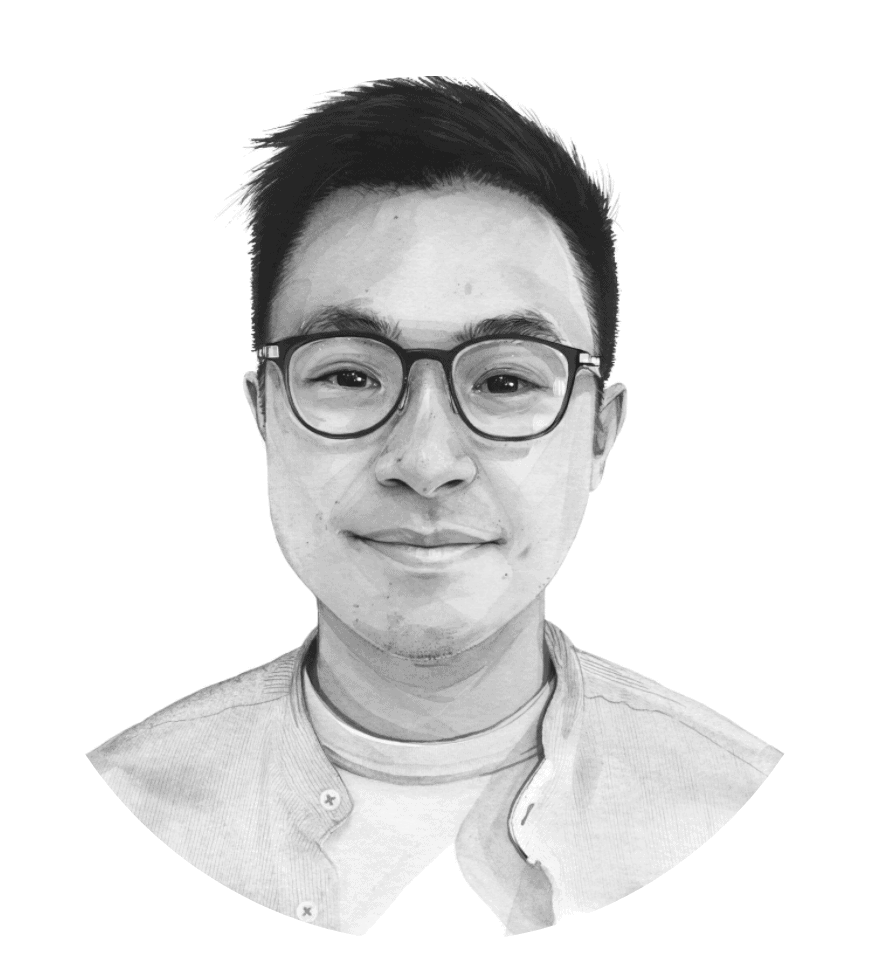
Eliot Chen is a Toronto-based staff writer at The Wire. Previously, he was a researcher at the Center for Strategic and International Studies’ Human Rights Initiative and MacroPolo. @eliotcxchen
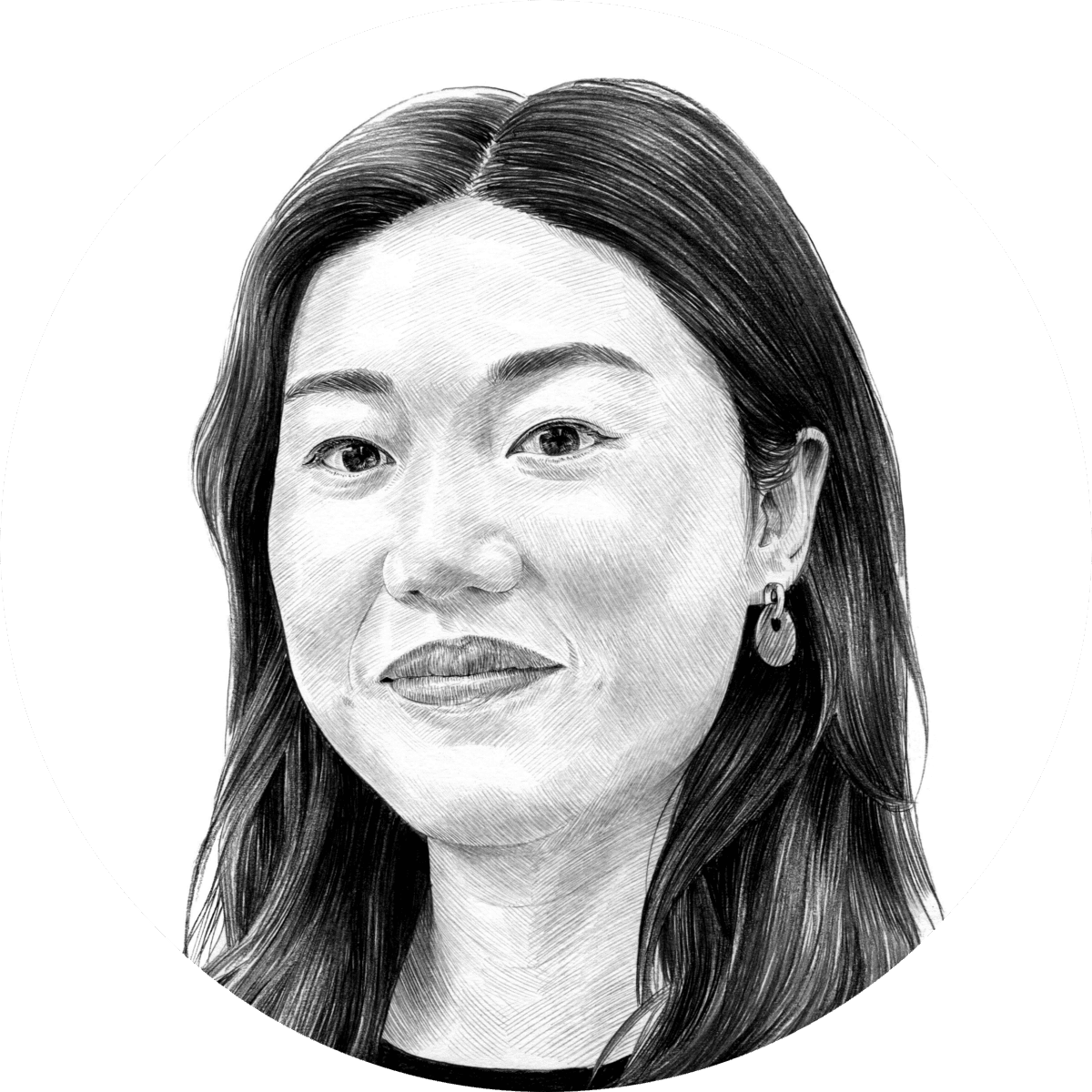
Rachel Cheung is a staff writer for The Wire China based in Hong Kong. She previously worked at VICE World News and South China Morning Post, where she won a SOPA Award for Excellence in Arts and Culture Reporting. Her work has appeared in The Washington Post, Los Angeles Times, Columbia Journalism Review and The Atlantic, among other outlets.


